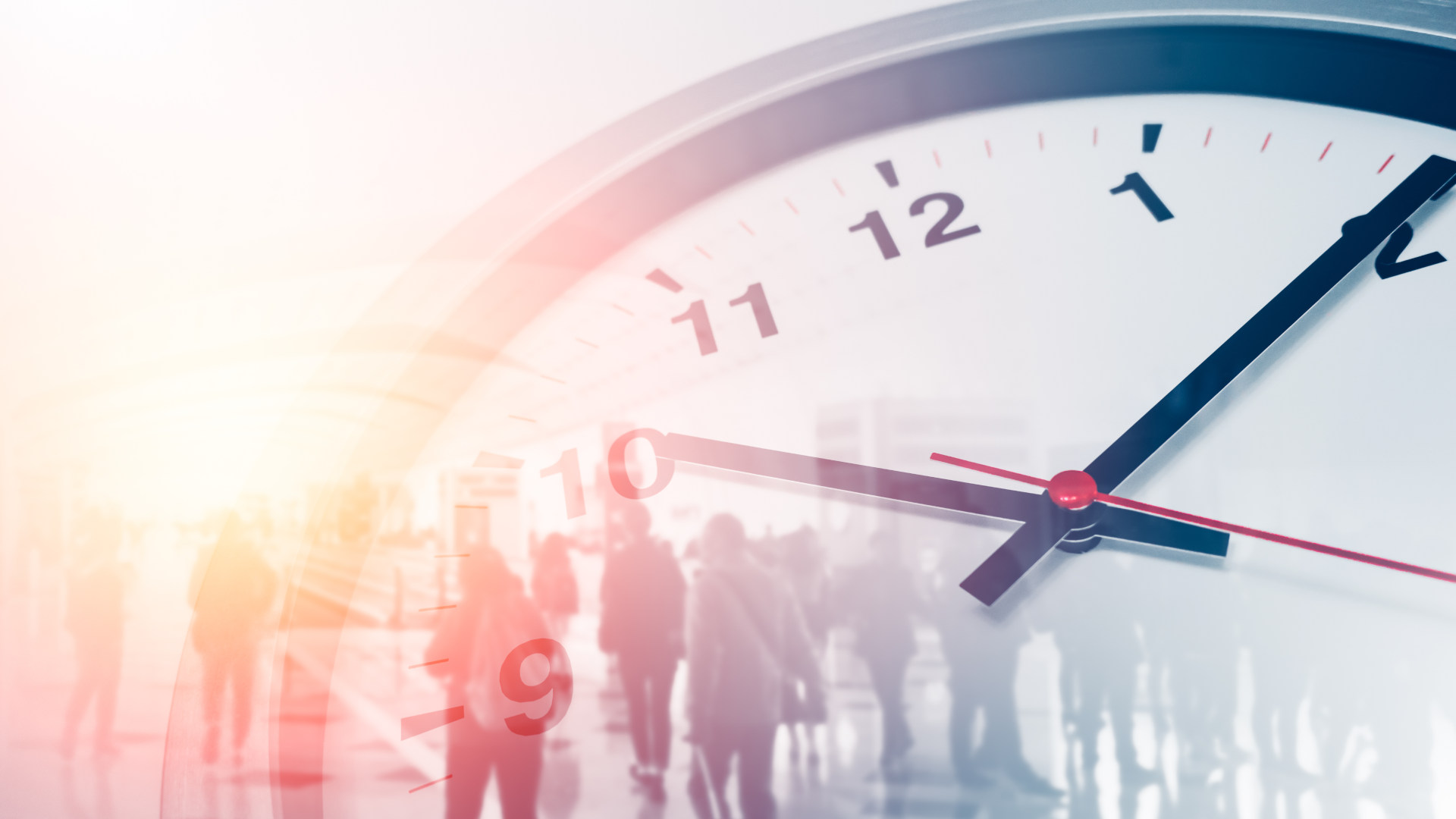Grab your cheat sheet |
If you feel as though you are suffering from low testosterone, wish to see better results in the gym or simply want to become the strongest and healthiest man you can be, then you have likely started researching how testosterone levels can impact your energy levels, muscle growth and a litany of other areas of your life.
What’s more, you may have begun considering using steroids as a fast track toward significant muscle growth, superior performance in the gym and, ultimately, a more impressive physique.
In reality, the problem that you are facing comes down to your natural testosterone levels and how healthy they are. Of course, it is at this point that confusion can quickly set in. When you start to become exposed to terms like testosterone and steroids, it is all too easy to refer to them interchangeably, which is somewhat misleading.
While testosterone is a steroid, it is not the type of steroid you are probably picturing - such as the illegal variety you inject yourself with.
This article will help shed light on the crucial distinction between testosterone and other anabolic steroids, exploring testosterone's fundamental characteristics and functions, its role in the body, and the key differentiating factors that set it apart from synthetic steroids.
By understanding the unique properties of testosterone and its relationship to the broader category of steroids, you will develop a clearer understanding of the potential benefits, risks, and ethical considerations surrounding its use.
Is testosterone a steroid?
Here is everything you need to know:
What are steroids (and how do they work)?
Before we start using the terms testosterone and steroids interchangeably, you must understand what these words actually mean and why the distinction between the two is so important to remember.
Let’s start with steroids - arguably one of the most misunderstood terms in the fitness world. In essence, steroids comprise various compounds - each with a multifaceted function.
Flowing through the bloodstream, steroid hormones originate from three key sources known as the steroid glands:

Once secreted, they perform vital physiological functions - such as regulating the metabolism, aiding the growth of muscles, regulating reproductive function, moods, stress response and a whole host.
However, it is not accurate to say that all steroids are the same because there are several different types - all with their own unique functions.
For example, you have corticosteroids - which are hormones produced by the adrenal cortex (the outer layer of the adrenal glands found on top of your kidneys).
These corticosteroids - such as cortisol - regulate glucose metabolism, suppress inflammation, and have immunosuppressive effects. They are crucial in managing stress levels, regulating blood pressure, and modulating the immune system's response to infections or injuries.
Next up, we have mineralocorticoids, which are mostly responsible for regulating the balance of electrolytes and water in your body, influencing blood pressure and fluid balance.
Then there are sex steroids - which are also known as gonadal steroids. They are produced in the testes in men and ovaries in women (as well as in the adrenal glands). Sex steroids are essential in sexual development, reproduction, and secondary sexual characteristics.
Where does testosterone fit in?
Okay, so now we have a better understanding of what natural steroids are (and don’t worry, we will touch on the illegal, injectable steroids later), it is time to find out how natural testosterone fits into the picture.
Well, let’s cut right to the chase - yes, testosterone is indeed a form of natural steroid and a sex steroid in particular.
Testosterone is classified as a sex steroid because it belongs to the class of hormones known as androgens, which, as we have already learned, are responsible for developing and maintaining male sexual characteristics.
While testosterone is present in both men and women, it is predominantly produced in the testicles, which is why testosterone plays such a major part in the male fitness world.
It's a small wonder, either. Testosterone is irreplaceable in many aspects of male sexual development and function. Here are some key functions of testosterone:
Development of Male Reproductive Organs
During fetal development, testosterone stimulates the differentiation and development of the male reproductive organs, including the penis, scrotum, and prostate gland.
Puberty and Secondary Sexual Characteristics
Testosterone production increases significantly during puberty, leading to the development of secondary sexual characteristics in males.

These include the growth of facial and body hair, deepening of the voice, enlargement of the larynx (Adam's apple), increased muscle mass and strength, and the development of the male physique.
Sperm Production
Testosterone is necessary for the production and maturation of sperm cells in the testes. It stimulates the activity of the seminiferous tubules, where sperm cells are produced, and supports the overall male reproductive function.
Libido and Sexual Function
Testosterone is vital in regulating sexual desire (libido) and sexual function in males. It contributes to the initiation and maintenance of erections, influences sexual arousal and response, and affects overall sexual satisfaction.
Bone Health
Testosterone also helps to maintain bone density and strength in men. It encourages bone formation and helps prevent the development of osteoporosis, a condition characterized by weakened and fragile bones.
How does the body control its testosterone levels?
At this point, the importance of having healthy testosterone levels in your system should be glaringly obvious, but how does your body regulate it?
Well, testosterone levels are controlled by your hypothalamus and the pituitary gland, which tells your testicles how much testosterone to produce at any given moment. When it comes to the delicate dance of hormone regulation, your body orchestrates a series of intricate steps.
It all begins in the hypothalamus, the master conductor, which takes center stage by releasing the gonadotropin-releasing hormone (GnRH). This hormone sets the wheels in motion, signaling the pituitary gland to unleash luteinizing hormone (LH) into the bloodstream. LH then travels down to your testicles and kickstarts the production and release of testosterone.
Typically, your testosterone levels are at their highest first thing in the morning and level off during the course of the day. This is why you are overwhelmingly likely to experience ‘morning wood’ if your testosterone levels are healthy.
This common experience is due to your testosterone levels spiking during the night and early morning. However, you should not equate this to you having unusually high ‘T’ levels, as it is a sign of perfectly average testosterone production.
- Related content: The shocking symptoms of low testosterone
Differentiating testosterone from other forms of steroids
While testosterone is indeed a sex steroid, you still need to take care when using these terms interchangeably - because it can quickly become confusing.
Specifically, testosterone is an anabolic-androgenic steroid. The term "anabolic" relates to its muscle-building properties, while "androgenic" denotes its role in enhancing male sex characteristics.
However, when gym goers bring up "anabolic steroids" in conversation, they are usually talking about the synthetic versions of testosterone that can be injected into the body to raise your ‘T’ levels artificially.

While both testosterone and synthetic anabolic steroids can have similar effects on muscle development and performance enhancement, it is vital to realize that synthetic steroids can come with significant risks and potential side effects.
This typically includes hormonal imbalances, liver damage, cardiovascular issues, and lasting psychological effects.
Natural vs. Synthetic Steroids
Now we are getting into the nitty-gritty of the testosterone and steroid debate because this is where synthetic steroids come in.
As we have already mentioned, synthetic steroids are artificially created in laboratories to boost your athletic abilities, aiding muscle growth and helping you regain healthy (or even excessive) testosterone levels.
Synthetic testosterone has grown in popularity over the past few decades thanks to these benefits. It is easy to see why.
At their most basic, humans are lazy creatures. They are constantly seeking out ways of hitting difficult targets or completing complex tasks in a more simple and energy-efficient manner.
Whether it is using the subconscious mind to create an autopilot function we use for around 80% of our daily tasks or carrying the same irrational fears throughout our lives, we love to find shortcuts to functionality.
The same is true of muscle building.
While it is entirely possible to increase your testosterone levels naturally, many people try to cheat the system by using illegal and dangerous anabolic androgenic steroids, which claim to fast-track the process of putting on muscle mass.
Using these antiquated and dangerous anabolic testosterone injections is a fool’s errand.
Here are a few key reasons why:
Health Risks
Illegal anabolic steroids can have highly detrimental effects on a number of your bodily systems.
Prolonged or excessive use of these substances can lead to serious health issues, including liver damage, cardiovascular complications, high blood pressure, and an increased risk of heart attacks and strokes.

They can also adversely affect cholesterol levels, leading to an imbalance that may contribute to long-term health problems.
Hormonal Imbalances
Anabolic steroids also disrupt the natural hormonal balance in your body.
Essentially, they suppress the production of natural hormones, such as testosterone, leading to a range of unwanted effects.
For men, this could lead to testicular shrinkage, infertility, and decreased natural testosterone production.
Psychological Effects
What’s more, synthetic steroids have profound psychological effects, leading to mood swings, aggressive behavior, irritability, and even psychiatric disorders. This is otherwise referred to as ‘roid rage’.
Steroid abusers may even experience dependency or addiction to these substances, leading to withdrawal symptoms when they try and come off of them.
Legal and Ethical Issues
It must also be said that abusing steroids is illegal in many countries.
Possessing, distributing, or using these anabolic steroids without a valid prescription can lead to legal consequences - including fines or even a prison sentence.

Furthermore, their use in sports and athletic competitions is considered cheating and can result in disqualification, loss of reputation, and a tarnished career. After all, steroid abusers generally experience a temporary increase in athletic performance, which is unfair to your competitors.
Unknown Long-Term Effects
Due to limited research on the long-term effects of synthetic steroids, the full extent of their potential risks and consequences remains unclear at this point.
As a result, continued use of these substances may carry hidden dangers and unforeseen health complications that are yet to be fully understood.
How testosterone supplements can help
Of course, at this point, you are probably terrified of any kind of artificial testosterone booster - but this is binary thinking.
While old-school synthetic steroids like anabolic steroids are rightly outlawed and highly illegal, you no longer have to take this level of legal and health risk to boost your levels of ‘T’.
After all, your testosterone levels naturally peter off as you age, so it is vital that you try your hardest to maintain healthy levels - both for your energy levels and muscle gains in the gym.
If your levels are dangerously low, you might be prescribed Testosterone Replacement Therapy (TRT); however, in most cases, lifestyle changes will be enough to lift your levels naturally.
This is where supplements like Testoprime come in. We use naturally-sourced ingredients to encourage increased testosterone production in the body - which is a fantastic way of fast-tracking progress without taking a silly risk.
So, is testosterone a steroid?
So, as our article comes to a close, we hope you now have a more detailed and thorough understanding of testosterone, steroids and how the two intertwine.
While testosterone is a naturally produced sex steroid, it is not the same as synthetic steroids - which are largely illegal in most countries and can massively endanger your health and happiness and even land you in jail.
What’s more, there are plenty of productive actions you can take to increase your testosterone levels and enjoy all the health and well-being benefits that come along with that.
For instance, you could take up weight training exercises to boost your t levels (try the deadlift and squats in particular for a testosterone spike) and lead a healthier lifestyle that has you more active, eating more balanced meals and burning excess weight off.
If you really want to help your testosterone levels along, you could implement a natural supplement alongside, such as Testoprime.




